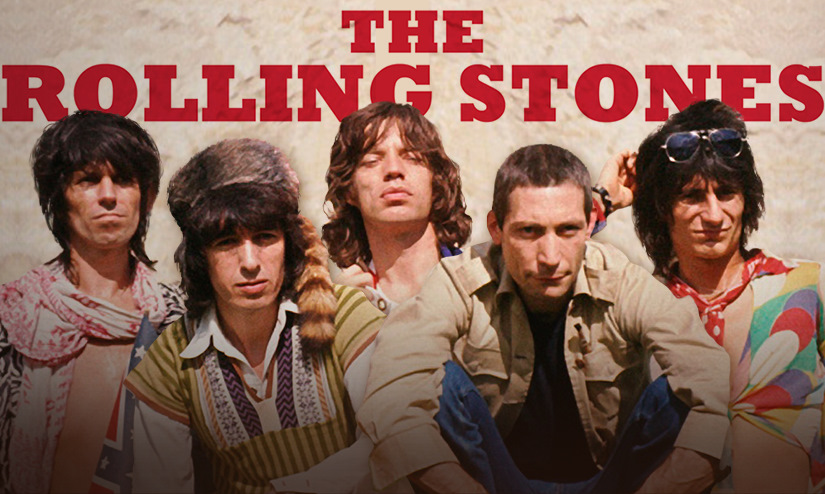
A Cry from the Edge of Apocalypse, Echoing Through Generations
Released in December 1969 as the opening track of The Rolling Stones’ seminal album Let It Bleed, “Gimme Shelter” never charted as a single, yet it has endured as one of the band’s most haunting and powerful statements—an anthem that captured the dread-soaked atmosphere of a world seemingly unraveling. Amidst the chaos of the Vietnam War, political assassinations, and civil unrest, this track emerged not merely as music but as a searing emotional document—a sonic photograph of a society on the brink.
From its very first notes, “Gimme Shelter” grips the listener with a slow-building menace. Keith Richards’ opening riff—dark, swaying, half-lurking in shadow—sets an ominous tone that never relents. It is a harrowing introduction not just to the album but to an era’s disillusionment. While Let It Bleed marked the final recording sessions featuring founding member Brian Jones (who died before its release), the album also heralded the full emergence of guitarist Mick Taylor and captured The Rolling Stones at their rawest, most emotionally exposed.
Lyrically, “Gimme Shelter” is less a narrative than a visceral expression of fear and longing. Lines like “War, children, it’s just a shot away” repeat like mantras—not simply describing conflict, but embodying its looming omnipresence. Jagger’s delivery is subdued and sinister, but it is Merry Clayton’s guest vocal that burns into memory: her anguished wails—most famously when her voice cracks on “Rape, murder! It’s just a shot away!”—transcend performance and become an exorcism. She recorded her part in the middle of the night, summoned urgently to the studio while heavily pregnant. Her contribution was so ferocious that her physical exertion allegedly caused complications afterward. That detail alone speaks volumes about what this song demanded—and what it gave back.
Musically, “Gimme Shelter” is masterful in its restraint and build. The layering of textures—from Richards’ tremolo-soaked guitar to Charlie Watts’ understated yet insistent drums—creates an atmosphere thick with tension. Nicky Hopkins’ piano drifts like smoke through the mix; Bill Wyman’s bass pulses like an anxious heartbeat. The arrangement mirrors society’s descent into entropy: carefully structured yet threatening to collapse under its own weight at any moment.
Though not released as a single, “Gimme Shelter” has outlasted many chart-toppers of its time, becoming an essential part of The Rolling Stones’ live repertoire and appearing frequently in film soundtracks and retrospectives on the turbulent late 1960s. Its influence echoes not only through rock music but also in how artists across genres have sought to confront fear and violence through sound.
Ultimately, “Gimme Shelter” remains one of rock’s most chilling prayers for deliverance. It doesn’t offer hope so much as it pleads for sanctuary amid impending doom—a timeless appeal from those who can feel history breathing down their necks. In this song, shelter isn’t just physical; it’s existential—a refuge from war, hatred, loss, and every dark storm that gathers on history’s horizon.